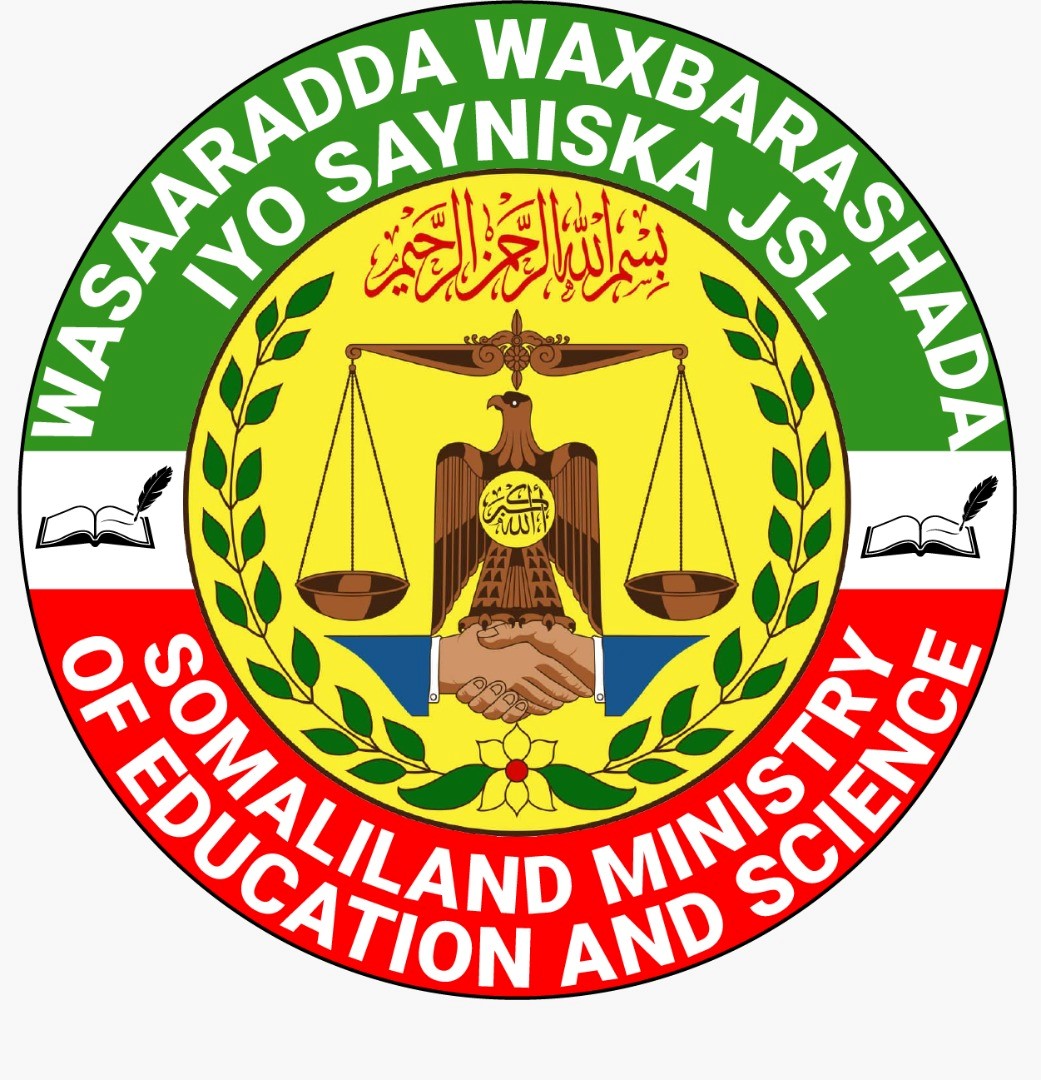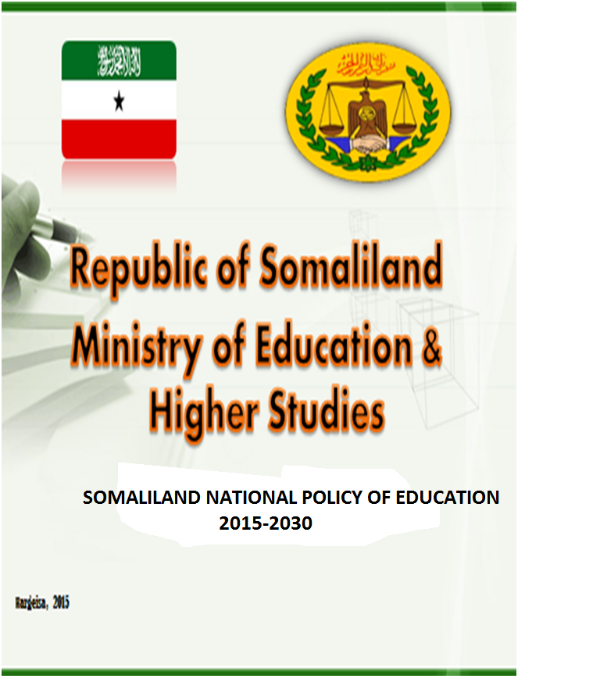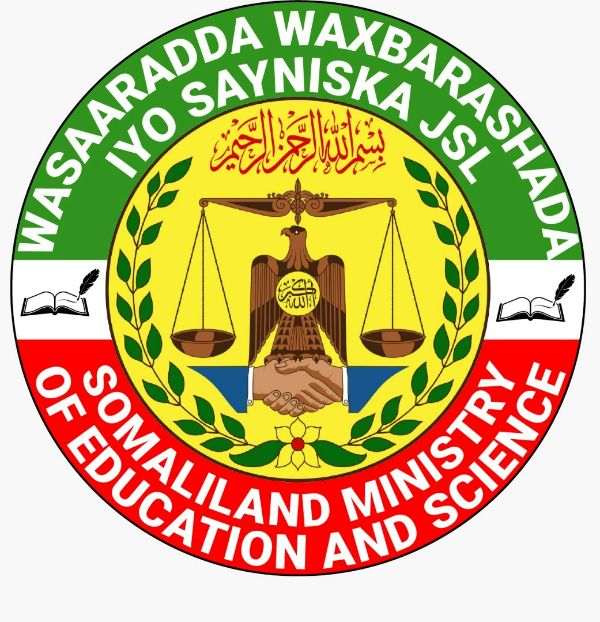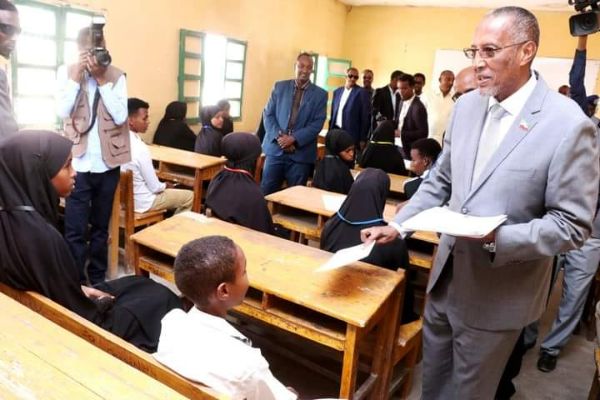ACHIEVEMENTS OF THE MINISTRY OF EDUCATION AND SCIENCE by 2020
Executive SummaryDuring 2020, the world has experienced an unprecedented level of disruption caused by the coronavirus pandemic, which slowed down the operations of every business institution whether public or private. Despite that, the MoES succeeded to achieve tangible results in regard to contributing to the three development priorities prescribed by the Education Sector Strategic Plan (2017-2021) namely, increasing educational accessibility while maintaining equity and equality, enhancing the educational quality, and strengthening educational governance. In addition, the Ministry successfully coped with the disruptions of the coronavirus on education by ensuring the continuity of education for the majority of students during the school closure.
This document briefly presents an informative account of the activities accomplished during 2020. It explicitly indicates the strategic reform made by the Ministry in consideration of satisfying both the existing local demand and international best practices. Effective, transparent, and inclusive public institutions are fundamental to achieving Sustainable Development Goals, which was one of the prime objectives of initiating the strategic reform. The main focus of the reform was to improve the governance and operational capacity of the Ministry in order to achieve successfully the three priorities mentioned above.
The intention of institutional restructuring and functional review, which resulted from the reduction of the number of departments of the Ministry from 24 to 15, was to establish a more efficient structure, effective processes, and engaged staff. Hence, eliminating unnecessary duplication of efforts within functions of departments augments efficiency. Similarly, removing unwanted layers of management structure through delegation of responsibilities improves operational and decision-making processes of the Ministry. The change management accompanied with the institutional restructuring and functional review aims to improve internal systems of the organization, enhance efficiency, and boost staff performance.
The document briefly outlines the barriers to access education and presents the main tasks the Ministry implemented in order to improve access to education. Generally, constructions of new schools in areas where schools are not readily available, as well as the extension of classes, are, among others, the main development interventions aimed to improve access to education and/or sustain retention. The approach of the Ministry in constructing new schools to improve access is based on rational analysis of facts available rather than on an impulse. The Ministry utilized the number of settlements in the country that totals 1510 of which 662 have no schools. The settlements were organized into manageable groups of 10 educational zones in order to identify gaps. Currently, most of the new schools constructed, during 2020 and early 2021, are built-in settlements that had no previous education facilities at all, thus improving access to education.
One of the most important interventions in terms of enhancing educational quality standards is to develop and employ well-trained and qualified teachers. Fortunately, the Ministry has a National Teachers Training College that is designed to mold the kind of teachers that could contribute to the quality of education in schools. The Ministry has, during the period,










